Meditative Inquiry
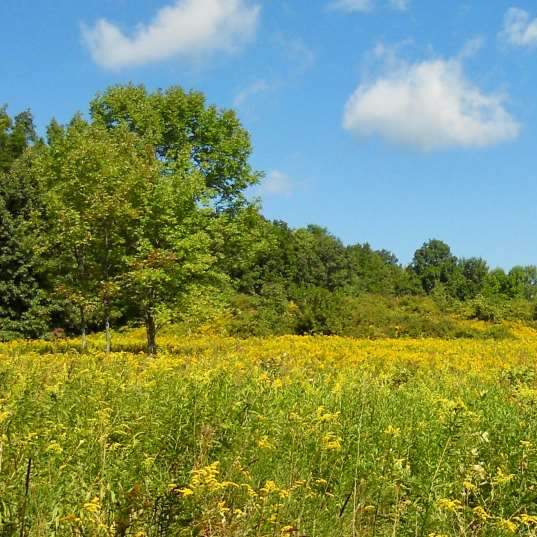
In talks and meetings at the Center, we often use the phrase “meditative work” in place of meditation or sitting. Meditative work implies a live, dynamic, moment to moment presence, an active exploration of the world and oneself—of the world that is oneself. Meditation, in this sense, is not repetitive and is not dependent on any technique or method. In this spirit, is it possible to approach one’s quiet meditation and one’s more active life with curiosity and interest? This curiosity is at the heart of what we call meditative inquiry. When searching for a name that embodied the work of the Center, we chose Springwater Center to both honor our location in Springwater, NY and to characterize the freshness of this work—but we also added the phrase, “For Meditative Inquiry and Retreats” to emphasize the importance of both silent retreating and inquiry.
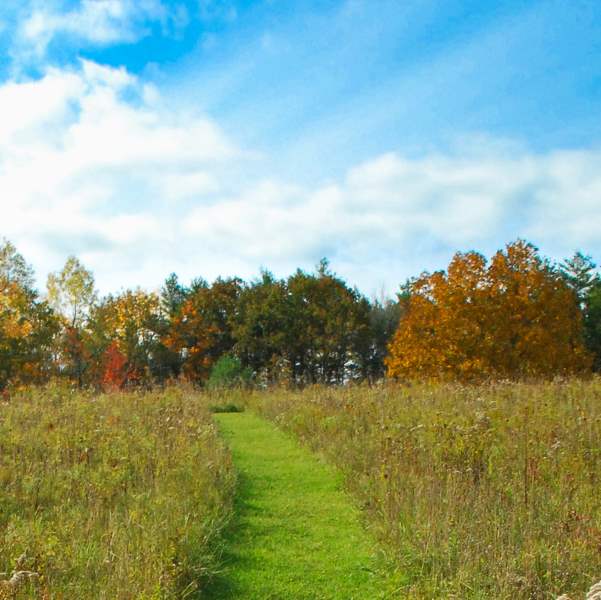
In quieting, in stilling the body/mind in motionless sitting and silent retreating, there can be a dawning of awareness; an alert way of being here that allows us to be with things as they are in any given moment. In awareness it is often discovered that we are not what we think we are, we are not the thought stories and the memories that churn through our waking and sleeping lives. And if we are not these thoughts and stories, what are we?
In quieting, in stilling the body/mind in motionless sitting and silent retreating, there can be a dawning of awareness; an alert way of being here that allows us to be with things as they are in any given moment. In awareness it is often discovered that we are not what we think we are, we are not the thought stories and the memories that churn through our waking and sleeping lives. And if we are not these thoughts and stories, what are we?

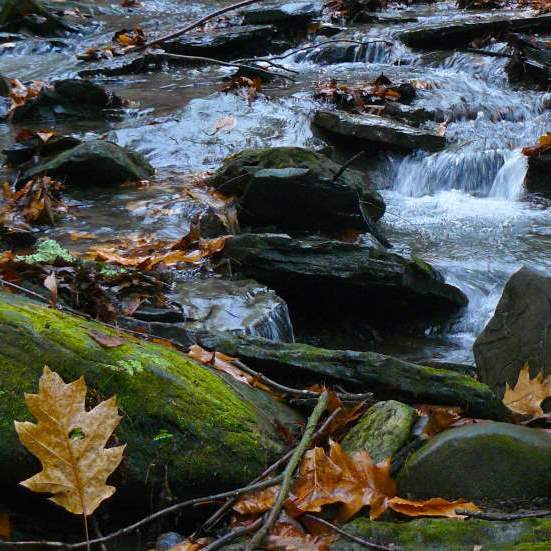
This is an awakening of inquiry; not automatically accepting the narrative of thought that permeates our daily lives. Inquiry embodies a quality of not knowing: when we are satisfied that we know everything, that we are the expert; we are closed to the possibility of discovery. Actively aware of what is here and what happens in thought, emotions and bodily sensations we are open to question beliefs and assumptions. This may not always be comfortable! We may very much want to stay with our beliefs and our stories—out of fear or out of habit. The story of me is all that one knows and to step away from that feels risky; a kind of free-fall into uncertainty.
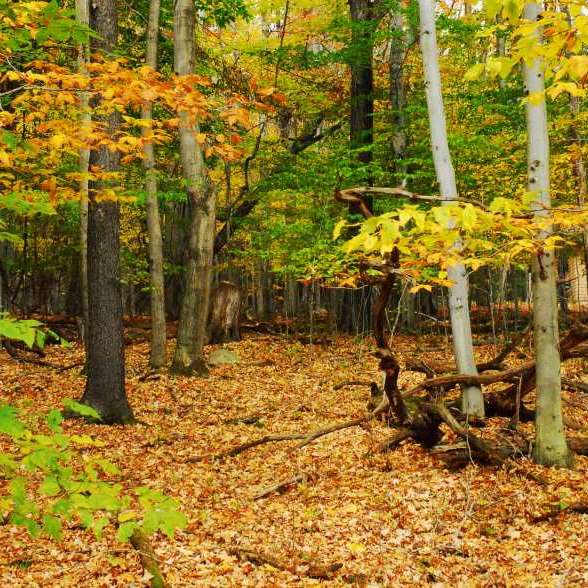
And we may feel even more uncomfortable if someone else questions our assumptions, questions our thought-conditioned attitudes and agendas. Is it possible to stay with what arises—the discomfort, the longing for security and certainty? What we fear may very well be what brought us to meditative work and inquiry in the first place—the possibility of waking up to our true nature and experiencing a new kind of freedom. Not the freedom to do or get what we want, but the freedom to be here, to discover ourselves and our world freshly, from moment to moment.
And we may feel even more uncomfortable if someone else questions our assumptions, questions our thought-conditioned attitudes and agendas. Is it possible to stay with what arises—the discomfort, the longing for security and certainty? What we fear may very well be what brought us to meditative work and inquiry in the first place—the possibility of waking up to our true nature and experiencing a new kind of freedom. Not the freedom to do or get what we want, but the freedom to be here, to discover ourselves and our world freshly, from moment to moment.

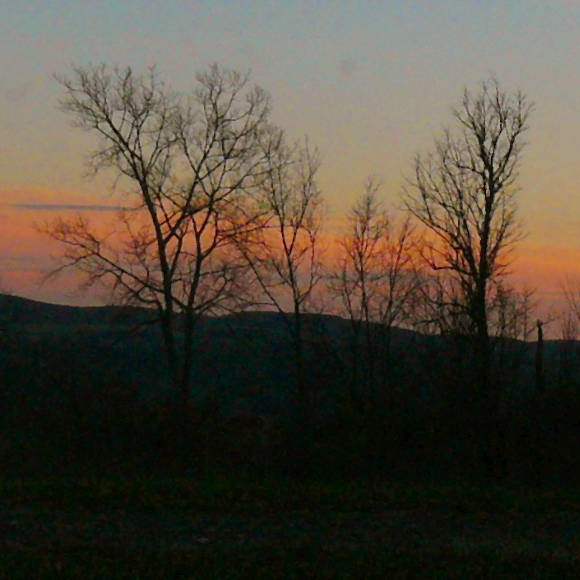
In this freedom it is possible to question and to be questioned—to see that there is truly nothing that cannot be met and nothing that cannot be inquired into: that there is really nothing to protect. Can there be an ending to fear and to separation? Is it okay to pose the question, to let the question and the questioning sink in; into the silence of not knowing? These are not conventional questions, to be answered conventionally, through cleverness or intellect. And yet it is quite possible to be with a meditative question, to allow the question and the questioning to deepen and quiet.
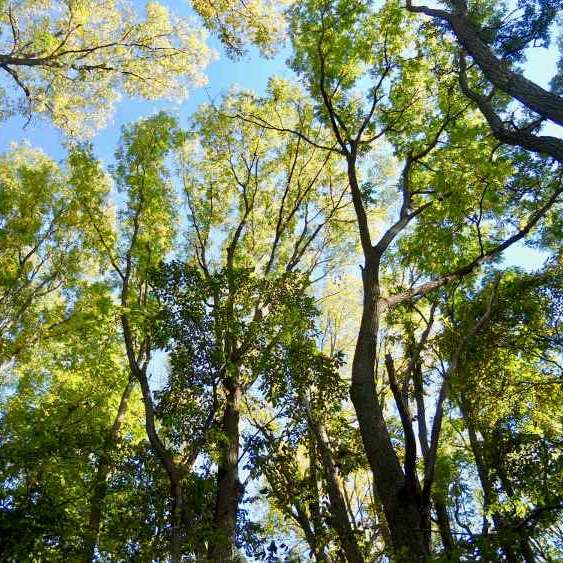
What will come of this questioning—who can say? If there is sufficient interest though, the questions may deepen—we may even wonder about the nature of individual identity, questioning who or what we are. Actually in posing and in staying with the questioning, there may already be a shift to openness and curiosity, to a gentle and humble quality of not knowing. Not knowing, inquiring, we are open to all things and to all beings, seeing with freshness and innocence—being in vibrant touch with all that is here.
What will come of this questioning—who can say? If there is sufficient interest though, the questions may deepen—we may even wonder about the nature of individual identity, questioning who or what we are. Actually in posing and in staying with the questioning, there may already be a shift to openness and curiosity, to a gentle and humble quality of not knowing. Not knowing, inquiring, we are open to all things and to all beings, seeing with freshness and innocence—being in vibrant touch with all that is here.

